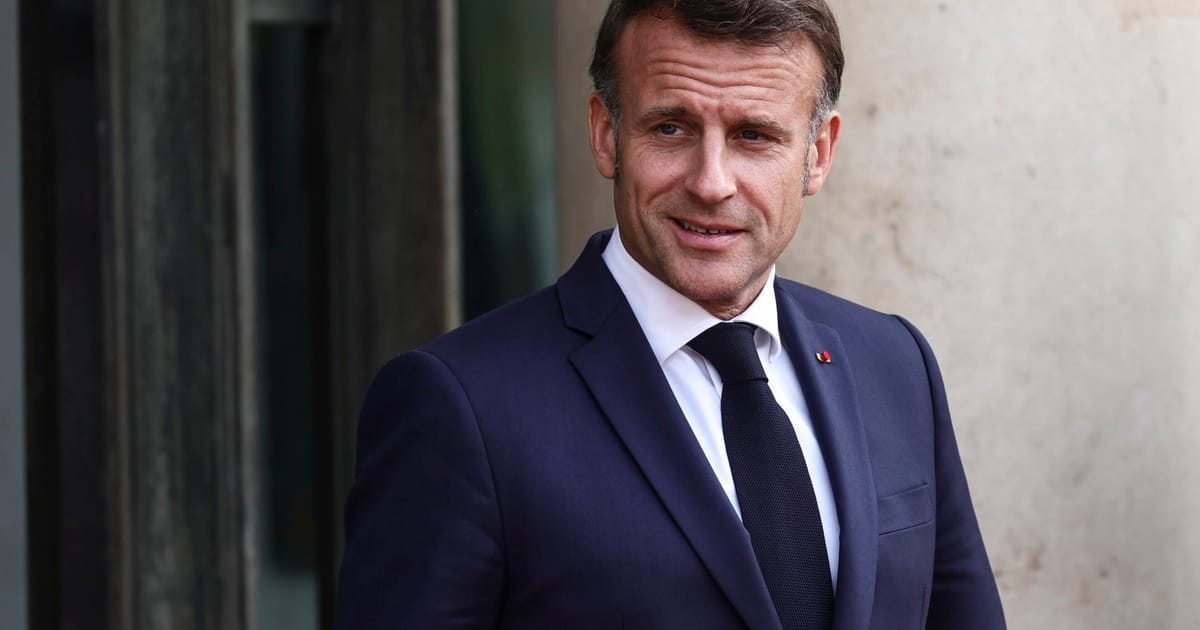

In recent days, the world has witnessed notable advances in international relations, marked by steps towards both state recognition and the promotion of peace. This article delves into France’s initiative regarding Palestinian state recognition, continued discussions for peace between Russia and Ukraine, and Ukraine’s domestic efforts to strengthen anti-corruption measures. Together, these developments highlight a concerted push for diplomacy and governance in regions long challenged by conflict and systemic issues.
In a significant diplomatic move, French President Emmanuel Macron has taken the lead in reiterating support for Palestinian state recognition. The move aligns with a longstanding aspiration among the Palestinian people for formal acknowledgment on the global stage. Macron’s efforts, while symbolic in the short term, are seen as pivotal in reinvigorating dialogue around a two-state solution. This approach underscores a commitment to addressing enduring issues peacefully and offers a platform for renewed talks in a region historically fraught with tension. Although this recognition does not immediately alter the situation on the ground, particularly in the Gaza Strip, it is a step towards fostering an environment where productive discussions and potential resolutions can take root.
Meanwhile, in Eastern Europe, the ongoing conflict between Russia and Ukraine remains a focus of international concern. In a recent statement, Russian President Vladimir Putin assured that Russian goals in Ukraine remain unchanged, yet he expressed hope for further peace negotiations. Putin’s comments, which caution against inflated expectations from future talks, acknowledge the complexity of reaching a sustainable peace agreement. In response, Ukrainian President Volodymyr Zelenskyy reaffirmed Ukraine’s readiness for dialogue at the highest level, emphasizing genuine intentions to end the conflict with dignity. Ukraine remains open to leader-level negotiations, suggesting a diplomatic openness that might pave the way for substantive peace talks. Such efforts, if reciprocated, could mark a pivotal step towards resolving the deeply entwined issues fueling this prolonged conflict.
Amidst these international developments, Ukraine is also grappling with domestic challenges, specifically related to governance and anti-corruption efforts. Recent controversies ignited following legislative changes that weakened the autonomy of two key anti-corruption agencies, sparking widespread public protests. In response to these unrest and calls for reform, the Ukrainian parliament is set to vote on a new law intended to restore the independence of these bodies. This move is a recognition of the critical role transparency and accountability play in securing public trust and maintaining democratic standards. The anticipated legislation is a testament to Ukraine’s responsiveness to civic engagement and its commitment to aligning governance practices with international norms of integrity.
As these stories unfold, they collectively paint a picture of regions in transition, guided by leadership that acknowledges the importance of dialogue, recognition, and reform. The strides being made, from Macron’s diplomatic foray to Ukraine’s legislative adjustments, demonstrate a global willingness to seek peaceful solutions and uphold principles of accountability. These efforts, while varied in scope and immediate impact, share a common thread of fostering a more stable and just world community. Whether through state recognition, peace talks, or institutional reforms, the international community continues to confront and navigate the complex tapestry of global relations calmly and thoughtfully.
In assessing these events, it is crucial to recognize the incremental nature of such progress. Statehood recognition, peace negotiations, and anti-corruption reforms each require sustained commitment and international cooperation. As policymakers, citizens, and observers, maintaining focus on long-term solutions over quick fixes will be essential in assuring that these steps taken today serve as foundational blocks for a more harmonious world tomorrow. Through understanding and engagement, communities worldwide inch closer to realizing a shared vision of peace and prosperity. These developments remind us that even amid adversity, the seeds of change and hope continue to be sown.
Source: {link}
